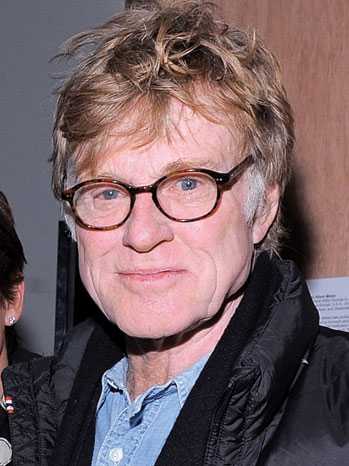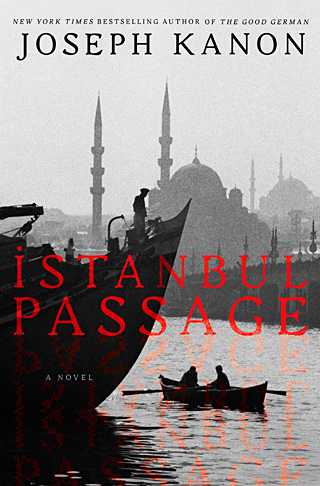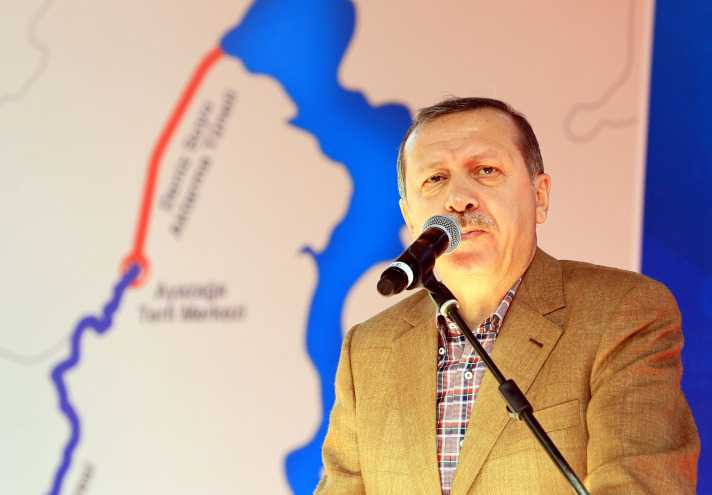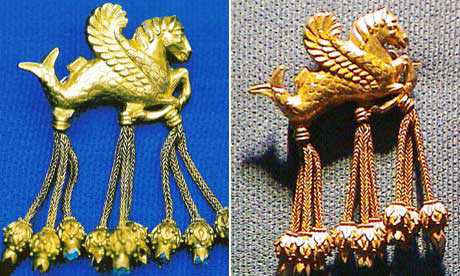By Emre Peker
 ISTANBUL–Ottoman palace intrigues, tales of harem lust and a dash of foreign conquests make for a compelling cocktail, as producers of the television series “Magnificent Century” profitably realized. Yet despite dominating ratings in Turkey and being broadcast in numerous countries, the serving isn’t quite to Prime Minister Recep Tayyip Erdogan’s taste.
ISTANBUL–Ottoman palace intrigues, tales of harem lust and a dash of foreign conquests make for a compelling cocktail, as producers of the television series “Magnificent Century” profitably realized. Yet despite dominating ratings in Turkey and being broadcast in numerous countries, the serving isn’t quite to Prime Minister Recep Tayyip Erdogan’s taste.
The show chronicles the reign of Suleiman the Magnificent, whose 46-year rule ended 1566 and is seen as the pinnacle of the Ottoman Empire. Attracting a third of the prime-time audience every night it’s on air, and broadcasting to 150 million people in 22 countries from the Czech Republic to Japan, the series is a sure hit for Tims Productions, the Istanbul-based firm behind some of the most successful series and movies in the past decade.
But the decadent representation of Suleiman’s life, hinting that the sultan known as “the Lawgiver” was given to alcohol and promiscuity, also drew widespread criticism from conservatives.
On Sunday, Prime Minister Erdogan joined the chorus.
His intervention came in response to criticisms from Turkey’s main opposition party that the ruling Justice and Development Party’s reorientation of foreign policy towards the Middle East has made the country less secure. Mr. Erdogan said that under his leadership, Turks would go everywhere their ancestors roamed on horseback during the Ottoman Empire—a vast territory which stretched across three continents from the Adriatic to the Caspian Sea and encompassed much of the modern-day Middle East.
In a rhetorical flourish that rallied his supporters but baffled many commentators, the prime minister then meshed his defense of government policy with a salvo against the “Magnificent Century,” arguing for active international engagement by deriding the limited scope of the opposition’s stance and the show’s limited focus the luxuries of the palace.
“That’s not the Sultan Suleiman we know, that’s not the Lawgiver we know, 30 years of his life was spent on horseback, not in a palace like you see in TV shows,” Mr. Erdogan told a cheering crowd of thousands at an airport opening ceremony in the western province of Kutahya on Sunday.
“I publicly condemn the directors of those shows and the owners of the television station. We have warned the authorities on this matter and await a decision by the judiciary. We can’t have this sort of an understanding, the nation needs to give the appropriate lesson, within the confines of the law, to those who play with the people’s values,” the prime minister said.
Sunday’s intervention isn’t Mr. Erdogan’s first foray into social matters. In May, the premier declared that abortion is murder and vowed to fight it. At the time, Mr. Erdogan also said he doesn’t like Caesarian sections, and the Health Ministry swiftly pushed through a law limiting the procedure to medical necessities. The government, however, took no steps to limit Turkish womens’ right to abortion. In July, Mr. Erdogan, a pious Muslim educated in a vocational school for religious studies, attacked universities for serving alcohol on campus grounds.
As with his previous statements on social issues, the prime minister’s criticisms of “Magnificent Century” also proved divisive.
One of Turkey’s most successful shows, the production has also been equally polarizing. The country’s broadcasting watchdog received a record 140,000 complaints on grounds that the series disparaged Turkey’s Ottoman past, a source of great pride at its peak. As a result, “Magnificent Century” received a warning from the authorities.
Yet Turkey’s most popular show also has its supporters, from artists to columnists and fans, who speculate that Mr. Erdogan’s swipe is only an attempt to draw attention away from current matters.
“I don’t understand why this came up on the agenda when there are so many problems in the country,” Nebahat Cehre, who played the part of Suleiman’s mother in the show’s first season, said in a statement published online by Hurriyet newspaper. “In the end, this is a scenario based on historic events. Also, in the beginning, it’s stated that the show is a work of fiction. I think the purpose is to change the agenda.”
The opposition party said the Prime Minister’s intervention was symptomatic of the government’s intensifying effort to meddle in people’s daily lives.
“The prime minister doesn’t want a second sultan on the screens, he’s jealous of the ratings. I suspect the only prime minister to tussle with television shows in the world is ours,” said Muharrem Ince, deputy chairman of the main opposition Republican People’s Party.
The prime minister’s speech will no doubt receive a warm reception from some conservatives who see the show as denigrating Turkey’s Ottoman history. But the intervention does come at an interesting time.
From the Syrian conflict that’s spilling over the border to last week’s Israeli-Gaza conflict, Mr. Erdogan has been very active in trying to shape international developments in the region.
Meanwhile, the prime minister has also been waging a campaign against credit-rating firms that won’t rank Turkey investment-grade. Domestically, Mr. Erdogan is attacking his secularist domestic opposition and separatist Kurds.
Mr. Erdogan is also pursuing ambitious infrastructure projects while seeking to achieve high levels of sustainable economic growth. The premier has his eyes set on a goal worthy of Ottoman sultans: to triple Turkey’s $780 billion gross domestic product and join the world’s top-10 economies by 2023, the republic’s centenary. Indeed, Mr. Erdogan doesn’t mince words when staking his claim: “My brothers, we’re acting with an understanding of the spirit that established the Ottomans.”





